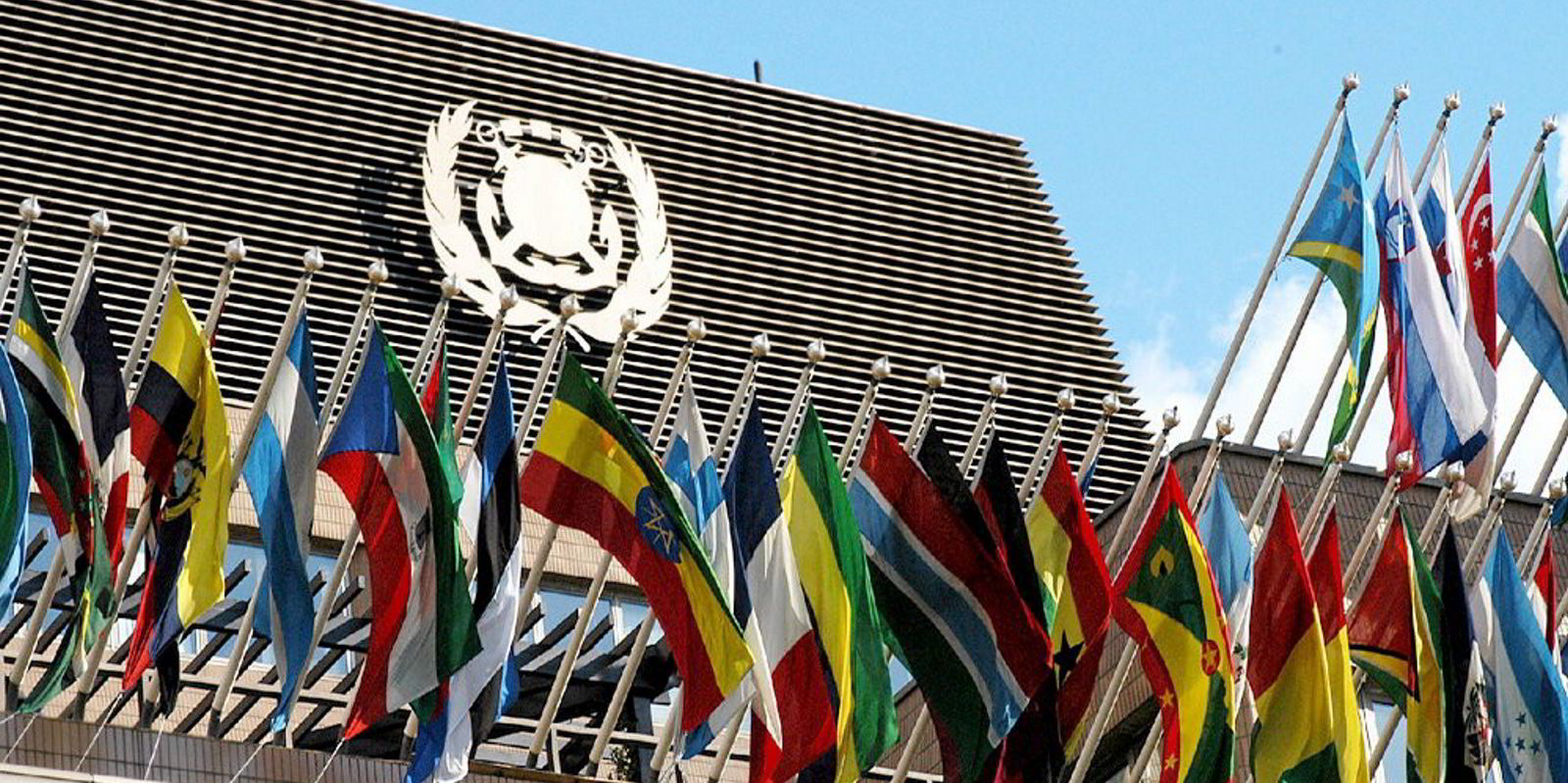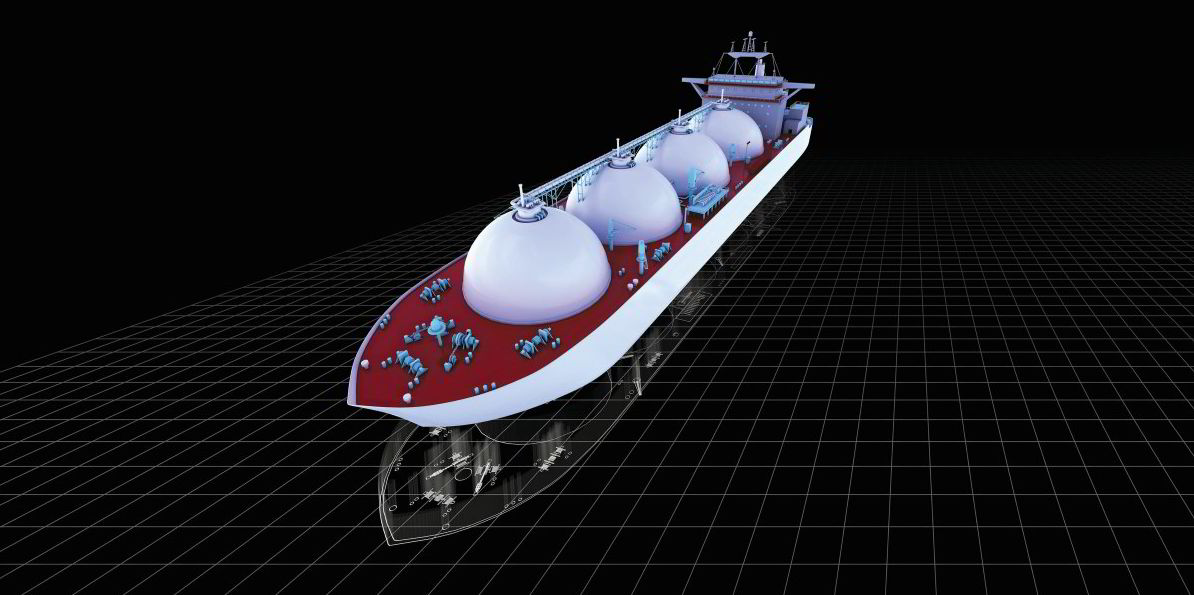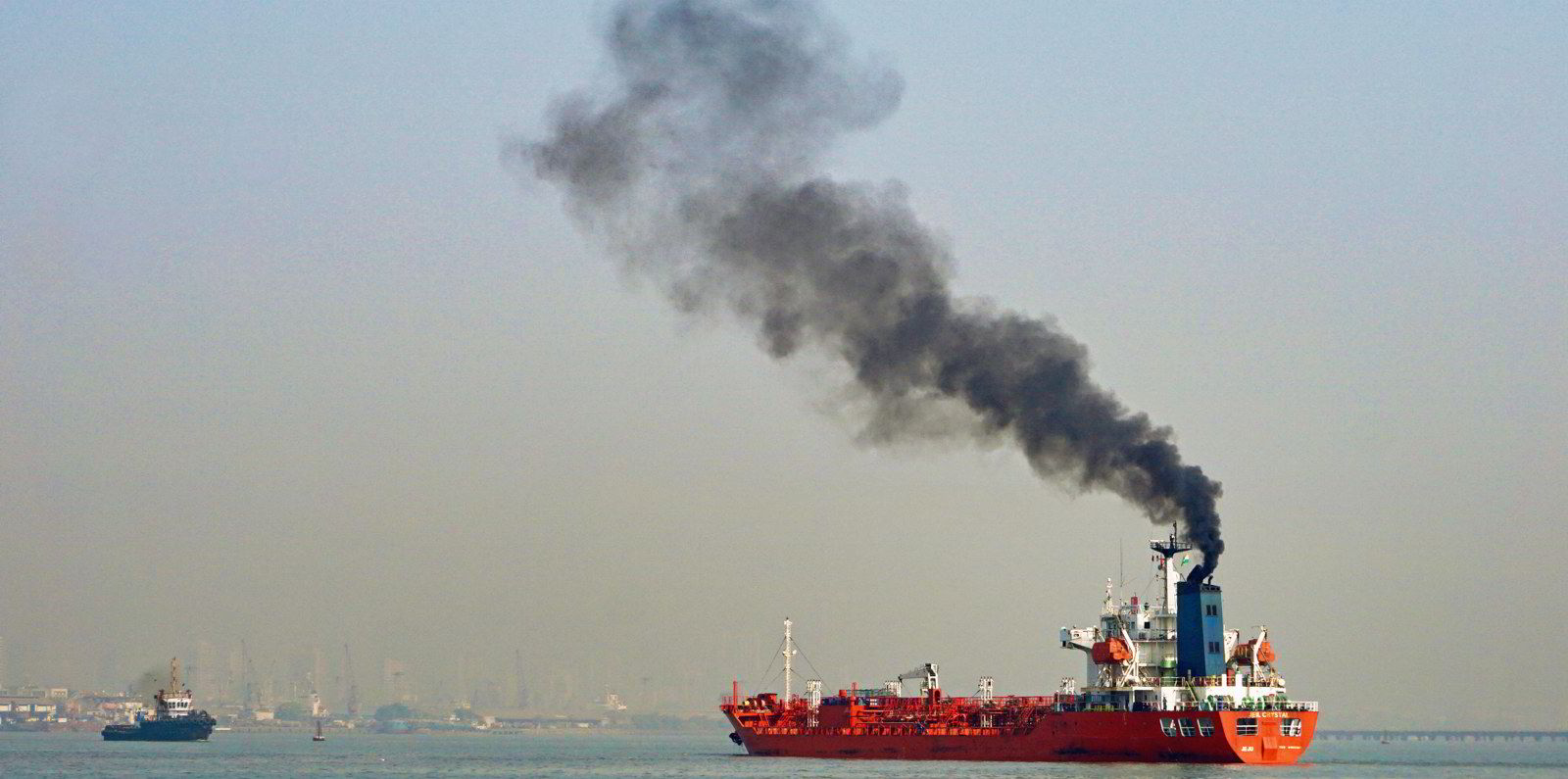Recommendations on how the incoming Energy Efficiency Existing Ship Index (EEXI) regulations will be implemented that will potentially enable owners of some ships to trade their vessels for longer than previously anticipated have almost been completed.
In its role to assess how new regulations can be technically implemented, the International Association of Classification Societies (IACS) has published its draft.
Recommendation 172, which was published in June, provides additional advice and guidance where there is a different interpretation of the technical implementation of EEXI for vessels.
The association’s environmental panel is now in the process of upgrading this to an IACS procedural requirement, which will then become mandatory for IACS members.
In a second piece of work on a recommendation to provide guidance for performing and validating the numerical calculations of the EEXI reference speed or “Vref”, IACS’ environmental panel has now completed its work and sent this for internal review.
The International Maritime Organization originally adopted an approach to obtain the reference speed of a vessel but did not give details of how to calculate this for EEXI.
Queries raised
IACS decided to develop this as many older existing ships had no reference from sea trial data, so this recommendation is designed to give them options to calculate the numerical speed of vessels as a supplement to the IMO regulation guidelines.
After the IMO adopted its planned EEXI and Carbon Intensity Indicator regulations, TradeWinds has been told that many queries were raised about their implementation.
These came from shipowners, administrators and the industry on a variety of subjects, including power limitation and EEXI methodology calculation for different ship types.
LNG carriers with both steam-turbine and diesel-electric propulsion were among the vessels that came up for review.
Steamships use their cargo boil-off as fuel and vessel owners and operators said this was not initially recognised and accounted for under the IMO’s initial EEXI framework regulations and would have effectively forced this to be vented or burned in the gas combustion unit.
IACS’ role is to develop common processes and methodologies that allow for a global and consistent application of the IMO regulations. However, it is not the association’s role to change the intent or meaning of the regulations.
But industry players explain that the recommendations will effectively allow LNG carriers to make lower speed reductions than originally anticipated, which will likely extend their trading life.





